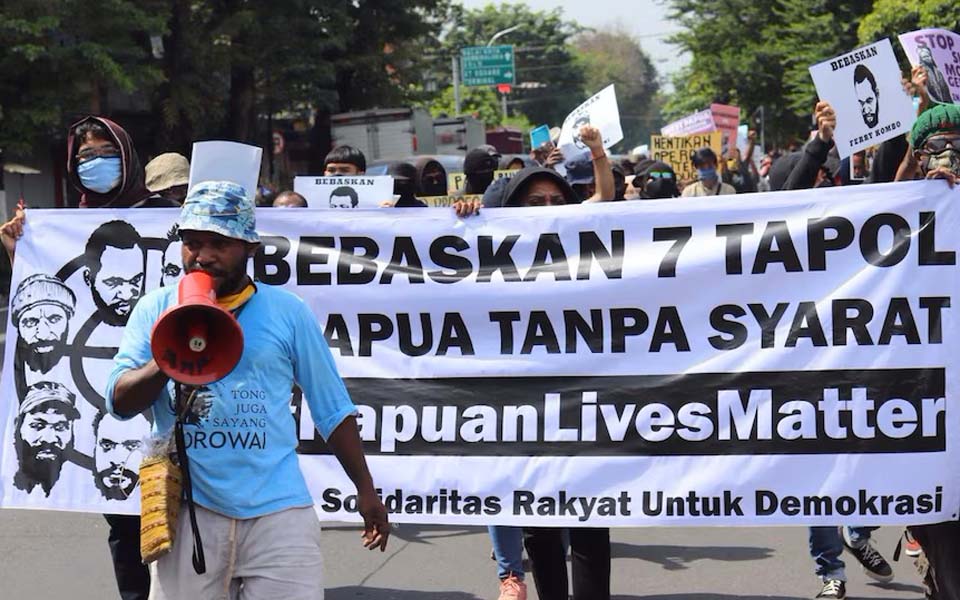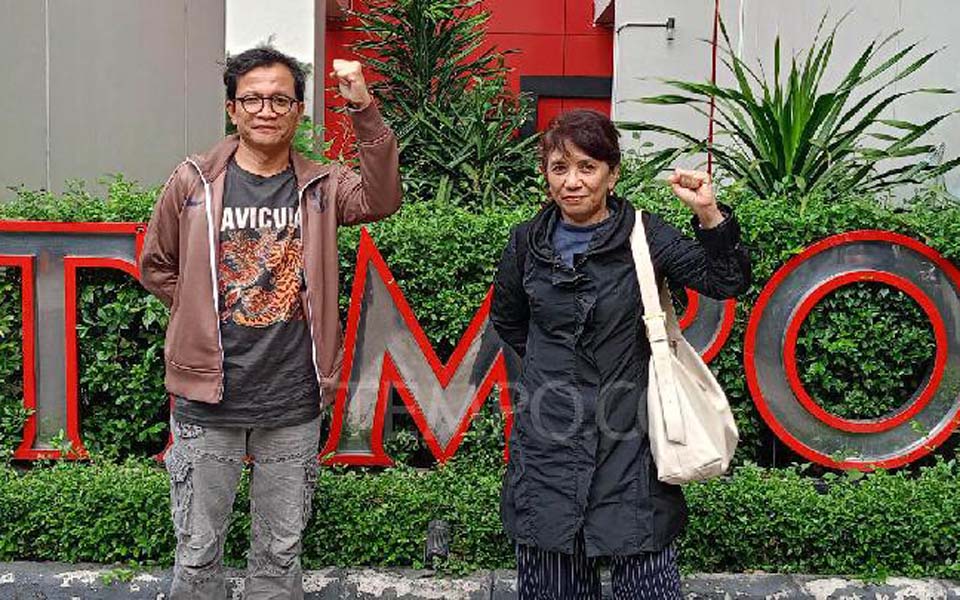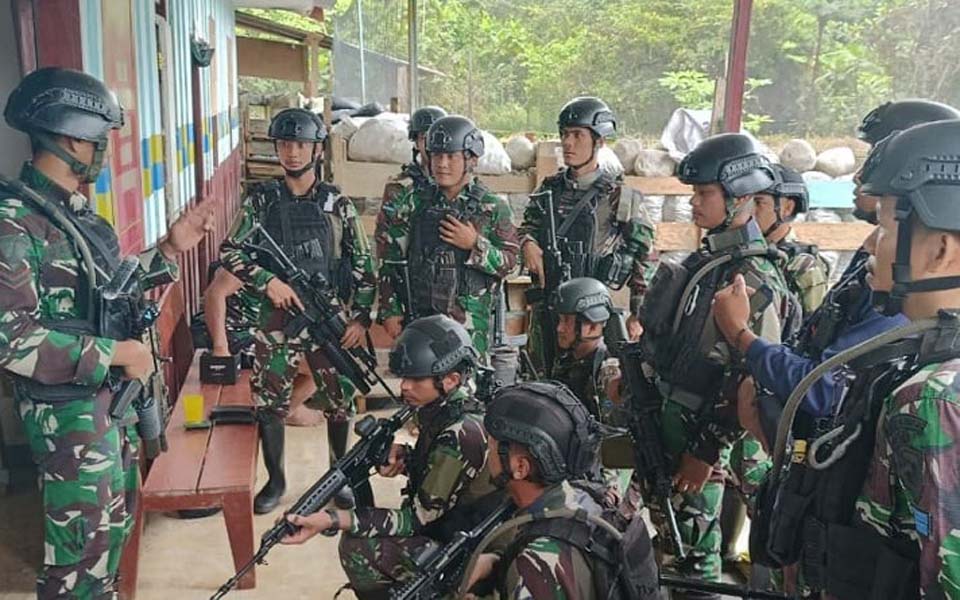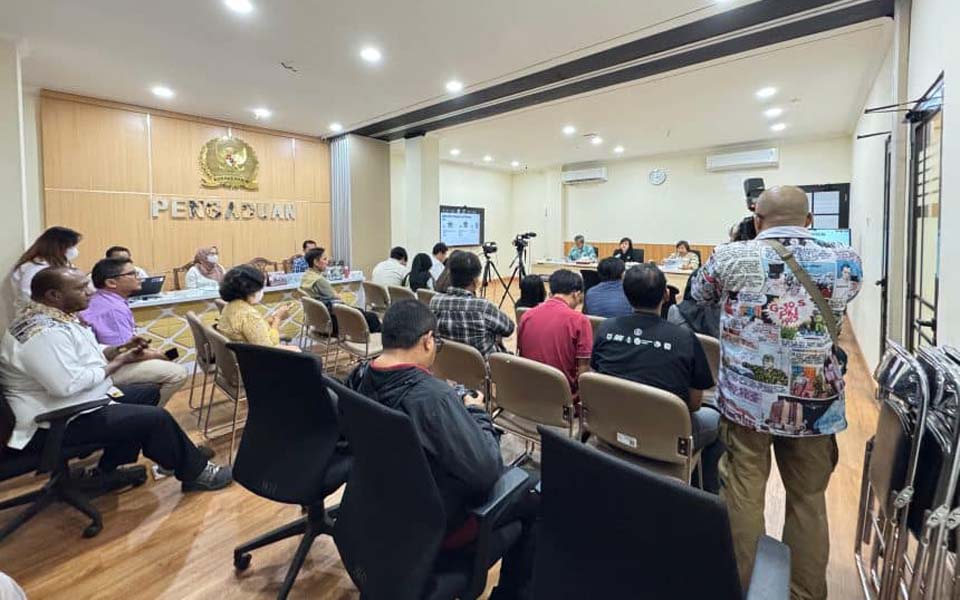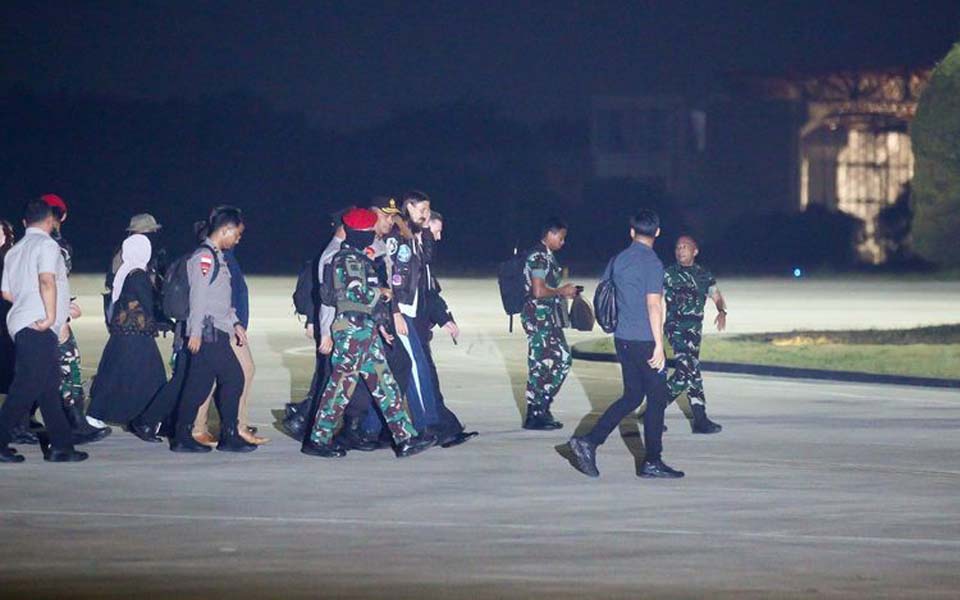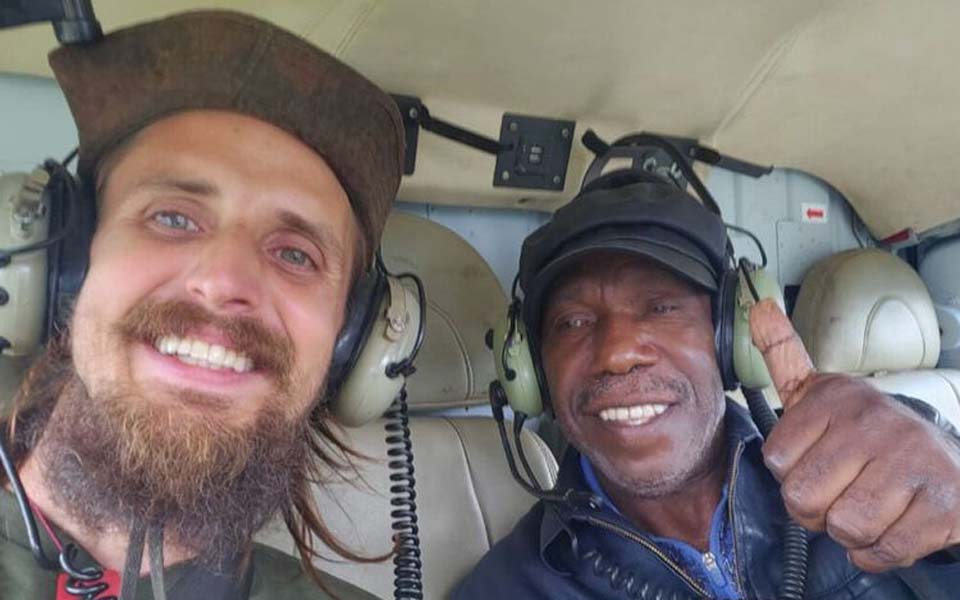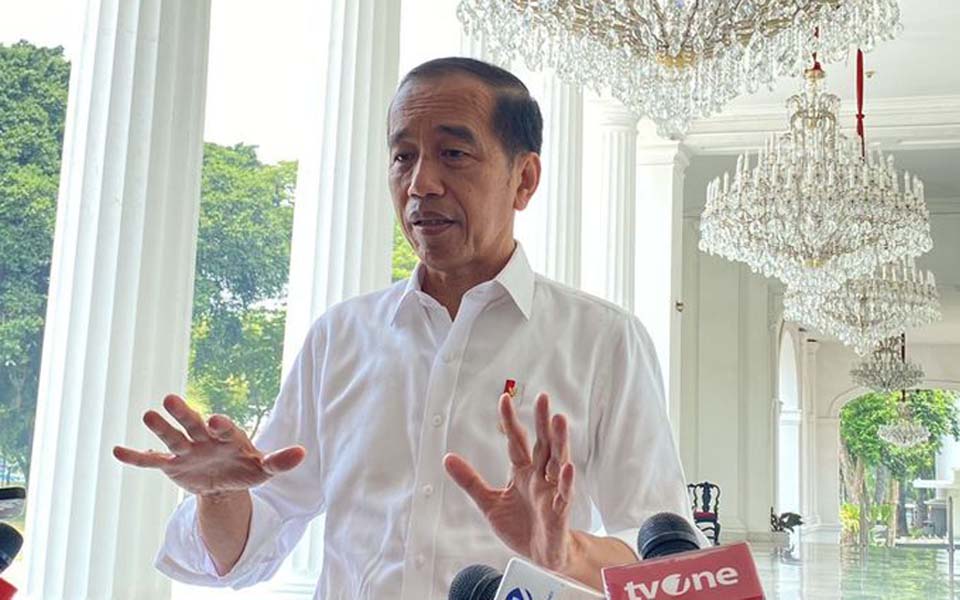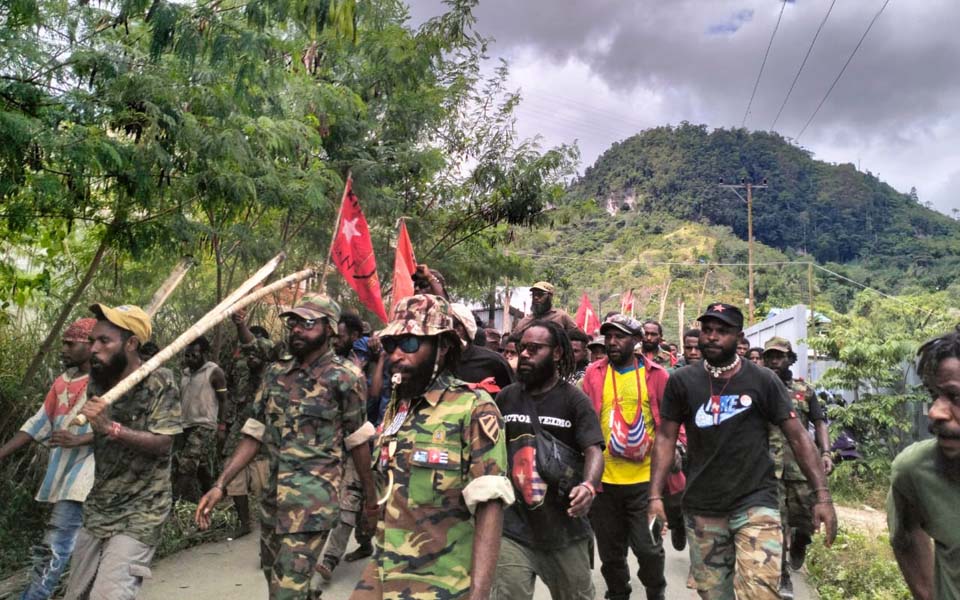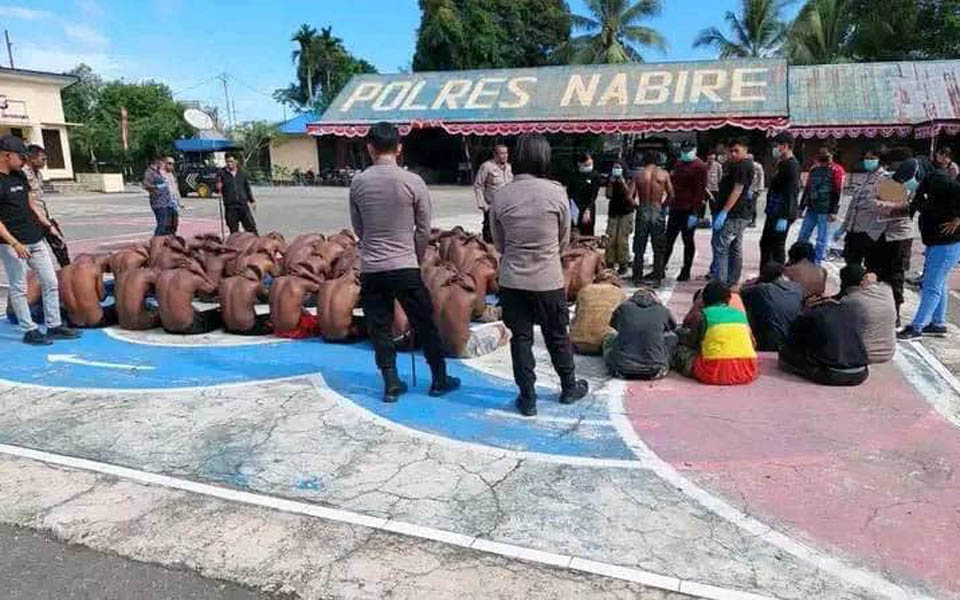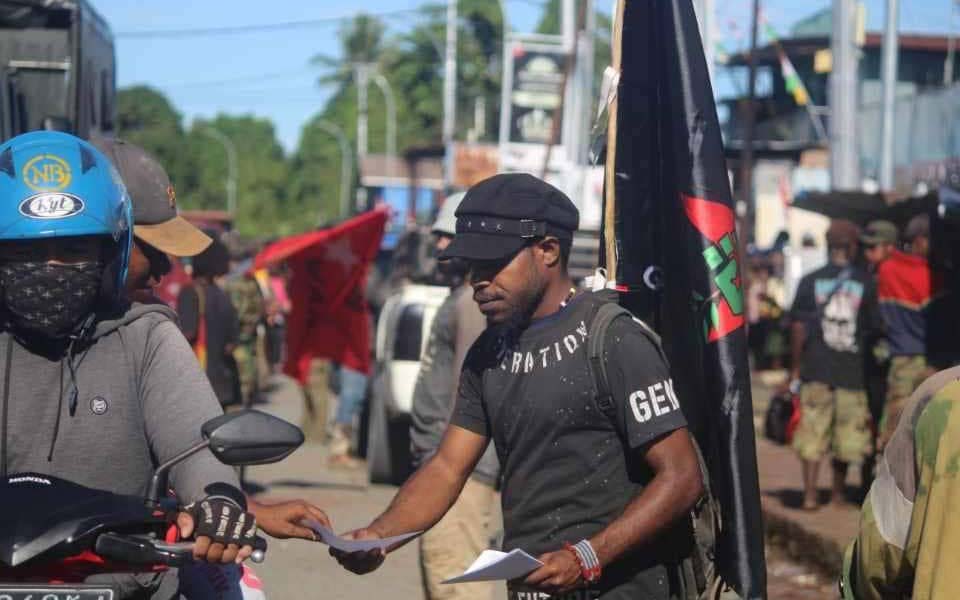Jakarta – The government plans to provide pardons or amnesty for around 44 thousand prisoners. One of the categories of prisoners who will receive amnesty are political prisoners related to Papua.
Human Rights Minister Natalius Pigai's plan to provide amnesty for Papuan political prisoners (tapol) is specifically for those who have different ideologies. The government will not provide amnesty to political prisoners involved with armed criminal groups (KKB, the government's term for armed rebels).
Pigai said that the granting of amnesty is based on President Prabowo Subianto's wish for reconciliation and to build peace in Papua.
"In the context of building an enduring peace in Papua, creating lasting peace in Papua, so dignified policies will be pursued, namely human rights and reconciliation", Pigai said when interviewed by CNN Indonesia on Thursday February 6.
However, Pigai has yet to specifically explain how Papuan political prisoner cases will get amnesty because the government is still conducting an assessment. He is aiming for the assessment process to be completed in one year.
"The number will be known after the assessment. I can't [explain] in detail because the results of the assessment haven't come out, it may also, until the president gives the amnesty only then will the number be known. We're [guessing] around 44 thousand, we're using the word more or less", he said.
Dialog first
National Research and Innovation Agency (BRIN) researcher Cahyo Pamungkas is of the view that giving amnesty to Papuan political prisoners will achieve the goal of peace only if it is preceded by dialogue between the government and pro-independence groups in Papua. However, the goals of amnesty will not be achieved if it is only done unilaterally.
"The extent to which it's preceded by a process of dialogue, dialogue to reach a permanent political agreement. If amnesty is pursued at the start, there will not be many benefits also, because it's unilateral and only one-sided. Whether it's for armed groups or political movement groups", said Pamungkas when contacted on Thursday evening.
He gave an example of when Prabowo's predecessor President Joko "Jokowi" Widodo gave a clemency to five Papuan political prisoners in 2015. One of them was Numbungga Telenggen, who had been sentenced to life imprisonment.
Pamungkas said that after leaving prison, Telenggen rejoined an armed rebel group. He believes this it happened because clemency was given without dialogue to first understand the roots of the problem in Papua.
"What does this mean? Clemency, amnesty, or abolition will not be a deterrent, if not preceded by dialogue or a peace process. They will return [to armed struggle] again because the roots of the problem have not been resolved. The roots of the problem are not amnesty, not clemency, not abolition, but an armed conflict that must be resolved by dialogue", he said.
He said dialogue between the government and pro-independence groups in Papua must be on an equal basis.
Meanwhile, continued Pamungkas, influential groups in Papua also needed to hold a Papuan peace conference to unite their voices before a dialogue with the government.
These groups should include the United Liberation Movement for West Papua (ULMWP) and the West Papua National Liberation Army-Free Papua Organisation (TPNPB-OPM)
Pamungkas said that a Papuan peace conference was proposed by Pastor Neles Tebay from the Papua Peace Network (JDP) a few years ago.
"So in Papua there are many groups that must be brought together in advance. In my opinion both parties, both Indonesia and the Papua groups, need to consolidate, especially for Papua, it's necessary to organise a Papuan peace conference to bring together their opinions, draft an agenda and the Indonesian government must also take a non-violent path", he said.
Pamungkas said that although giving amnesty could be done before such a dialogue, it must be intended as an entry point to conduct a dialogue. He said the giving of amnesty could be a first step to build the trust between both parties before a dialogue is held.
"Amnesties could also be given before a dialogue as an entry point to hold the dialogue itself. As good faith on the part of the government, I think the intent must set straight [first]", said Pamungkas.
If the government does not do this, then the problem in Papua will never be resolved.
President asked to send envoi
JPD spokesperson Yan Christian Warinussy says that the root of the armed conflict in Papua for more than 50 years is a difference in the view of history.
According to Warinussy, Article 46 of the Papua Special Autonomy Law (Otsus) mandates the formation of a Truth and Reconciliation Commission (KKR), and one of the tasks of the commission is clarifying Papua's history.
He said that different political views on the history of Papua are not only held by non-armed groups in the cities and the diaspora, but also among armed circles.
"That's why the amnesty being offered or intended to be given is still being debated and cannot be expected to be the [only] step to encourage peace in the land of Papua later", said Warinussy.
In order to create peace in Papua, he said, the most important thing is to urge the government to start informal discussions with the leaders of pro-independence groups as well other resistance groups and the diaspora.
According to Warinussy, president Prabowo needs to select and designate an envoi to build this informal communication.
"No matter what the choice of a peaceful roads it contains the risk that military operations or law enforcement operations by justifying a security approach must obviously be reconsidered and be stopped and start steps [toward] a peaceful dialogue", he said. (yoa/tsa)
[Translated by James Balowski. The original title of the article was "Amnesti untuk Tapol Papua Tak Berarti Tanpa Dialog".]





